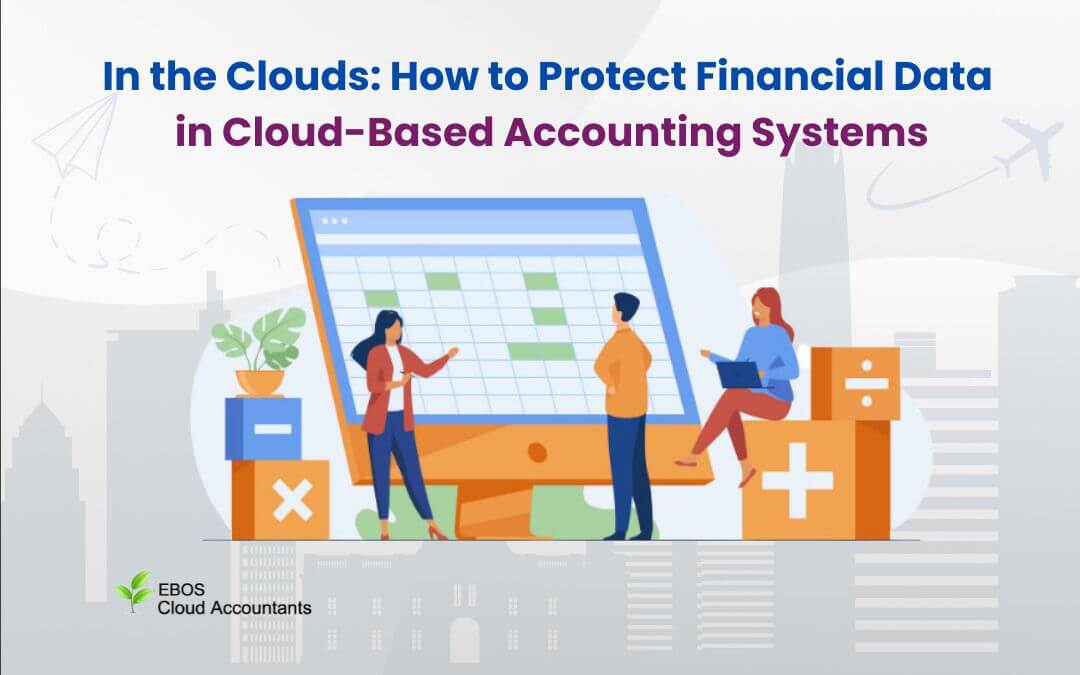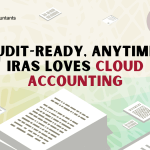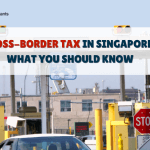In today’s digital age, organizations are increasingly using cloud accounting systems to expedite financial procedures and improve accessibility.
While cloud accounting offers various benefits, such as real-time data access and increased collaboration, financial data security remains a major priority.
This article goes into cloud accounting security, discussing tactics and best practices for safeguarding your sensitive financial data.
Understanding Cloud Accounting Security
Before getting into defensive measures, it’s critical to understand the fundamentals of cloud accounting security. Cloud accounting systems keep financial information on remote computers in data centers.
These systems use strong security methods such as encryption, firewalls, and access limits to protect your data. However, the duty for security does not rest simply with the cloud service provider; consumers and organizations also play an important part in guaranteeing the safety of their financial information.
Key Security Threats
- Data Breach: Unauthorized access to sensitive financial information can result in data breaches, causing financial losses and reputational damage.
- Phishing Attacks: Cybercriminals frequently send false emails to lure users into disclosing login credentials or sensitive information.
- Inadequate Access Control: Improperly handled access rights might allow unauthorized personnel to obtain access to sensitive financial information.
Choosing A Secure Cloud Accounting Provider
When choosing a cloud accounting company, consider the following factors:
- Security Features: Evaluate the provider’s security measures, such as encryption, intrusion detection, and incident response methods.
- Compliance: Check that the supplier adheres to industry standards and regulations, such as HIPAA, GDPR, or SOC 2, based on your company’s requirements.
- Customer Support: Evaluate the provider’s customer service and response to security concerns.
Security Advantages of Cloud-Based Applications
Cloud-based accounting software offers various security advantages that traditional accounting software cannot match.
With cloud-based software, all financial data is kept in a remote data center managed by cybersecurity professionals. This means that your company’s important information is safeguarded by cutting-edge firewalls, encryption, and data backups.
By choosing cloud-based accounting software, you can be confident that your financial data is secure and that your company is safe from catastrophic data breaches.
Also, by investigating various accounting hosting solutions, you can ensure that you choose the finest one for your company’s security requirements. Keep in mind that some solutions may include additional features like fraud prevention and multi-factor authentication.
Strategies to Protect Financial Data
- Multi-Factor Authentication (MFA): Use MFA as an extra layer of protection. Before gaining access to their accounts, users must provide two or more forms of verification.
- Regular Software Updates: Keep your cloud accounting software and other programs up to date to address potential vulnerabilities that cybercriminals may exploit.
- Data Encryption: Encrypt data during transmission and at rest on the cloud server to prevent unauthorized access.
- Audits: Perform frequent security audits and assessments to uncover vulnerabilities and flaws in your cloud accounting system.
Takeaways
Cloud accounting provides considerable benefits to businesses, but financial data security must always be a primary consideration.
Businesses can reliably use cloud technology to improve financial management while protecting sensitive data from cyber risks if they understand the security threats, take precautionary measures, and select a secure cloud accounting provider.
If you need help with cloud accounting, call EBOS cloud accountants. If you have any questions about EBOS cloud accounting services, please contact us right away.







